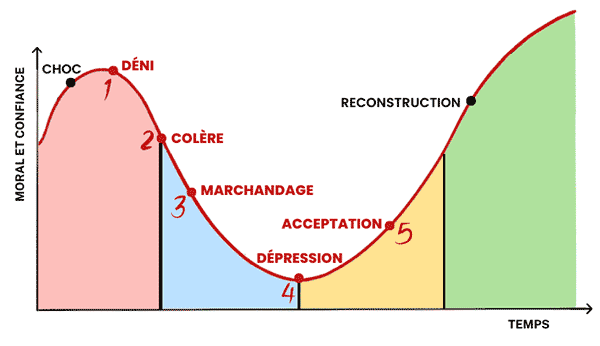The sleep quality would be linked to food and weight individuals, according to the results of a study presented at the Sleep 2016 Annual Congress and published in the journal Eurakalert.
Researchers at the University of Pennsylvania (USA) conducted a study with 36 healthy participants and analyzed their sleep, by polysomnography (which records physiological changes that occur during sleep) on 2 consecutive nights of 10 time.
Scientists measured the body composition and resting energy expenditure of individuals as well as their eating habits and the number of calories consumed daily.
The sleep of overweight people is less restorative
The findings of the study showed that thebody mass index (BMI), body fat percentage and resting energy expenditure are not significant predictors of sleep phase duration. But, it also revealed that the sleep of overweight or afflicted adultsobesity was overall less restorative.
Indeed, in these individuals, the phase of sleep with rapid eye movement (REM) characterized by a cardiac frequency and faster breathing and by the occurrence of dreams is prolonged at the expense of other stages of sleep.
Protein changes the quality of sleep
The researchers also observed that increasing protein intake shortens phase 2 of sleep, the time when a person’s heart rate and breathing are relatively normal and their body temperature drops slightly and increases the duration of sleep. paradoxical sleep.
“Further studies must be carried out to understand why and how proteins affect the quality of sleep», Concluded Andrea Spaeth, lead author of the study.
Read also:
Eat better to live longer in good health
Adopting a balanced diet is not that complicated!
Infographic: all you need to know about sleep
Calculate his














